The high-efficiency used engine oil recycling machine is designed to efficiently convert waste oil into reusable base oils such as SN150, SN300, SN350, SN500. It employs a multi-step process that includes pretreatment for demetallization and ash removal, flash distillation to separate water and light distillates, and thin film distillation to obtain different grades of base oil. The technology ensures that the recycled oil meets API standards for Group 1 and Group 2 base oils without the need for acid treatment, making the process both cost-effective and environmentally friendly.
A notable feature of this recycling equipment is its ability to process a variety of waste oils, including gasoline engine oil, mineral oil, synthetic oil, motor oil, and transmission oil. The system is designed to minimize the release of harmful gases, ensuring a safe operation that is considerate of human health and the environment. The by-products of the process, such as sludge, can be repurposed for asphalt production, contributing to a circular economy.
The machine offers a high oil yield of 80% to 90%, producing base oil with a water-like color and properties close to Group II base oils. The remaining outputs include water, which can be reused in cooling systems, light gasoil that can provide energy for heating systems or be sold, and asphalt residue useful in construction and road paving. The equipment's blending system, heating options, membrane distillation, and refining system work in unison to ensure the production of clean base oil with improved oxidation stability.







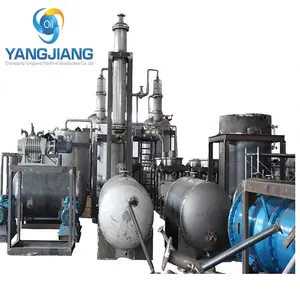



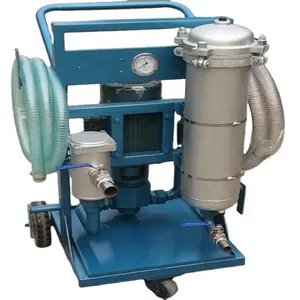
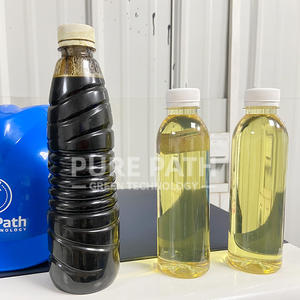






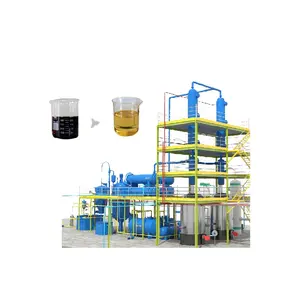






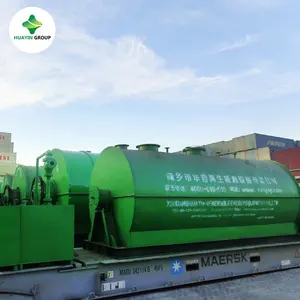




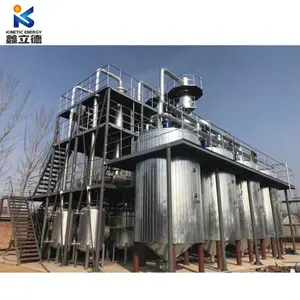






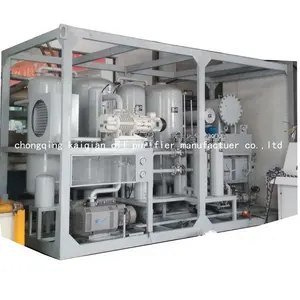
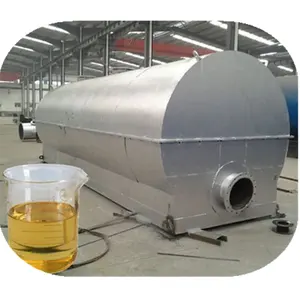



















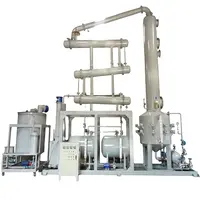








 浙公网安备 33010002000092号
浙公网安备 33010002000092号 浙B2-20120091-4
浙B2-20120091-4